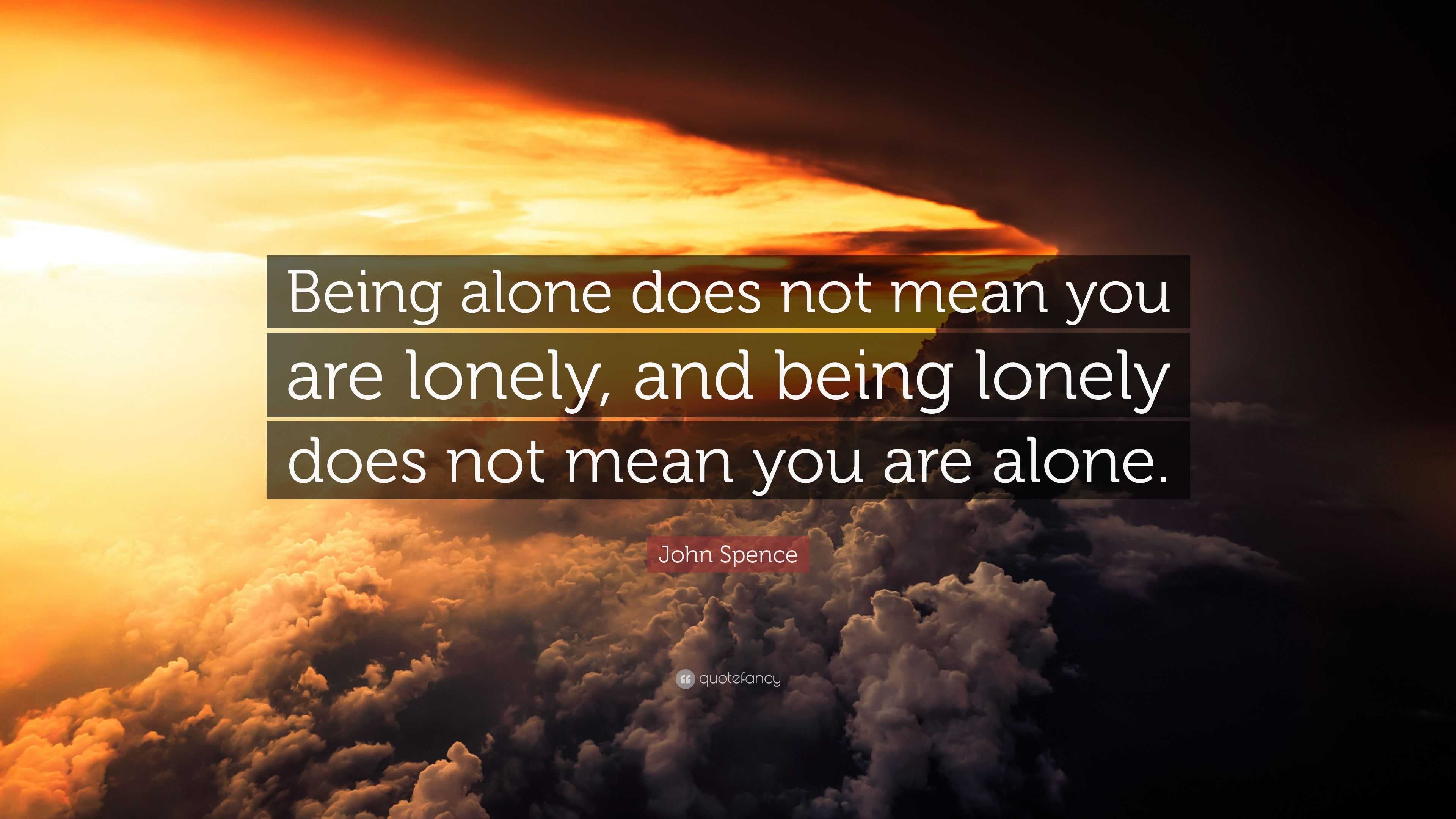In today’s fast-paced and interconnected world, it might seem counterintuitive to consider the power of being alone. Yet, the philosophy of stoicism challenges our preconceptions and invites us to embrace solitude as a means of self-reflection, personal growth, and emotional resilience. Stoicism, a school of thought that originated in ancient Greece and later flourished in Rome, offers valuable insights into the dangers of avoiding solitude and the benefits of embracing it. In this article, we will delve into the power of stoicism and unravel the dangers of perpetually being surrounded by others, highlighting how solitude can be a catalyst for personal transformation and inner strength.
The Stoic Perspective: Finding Strength in Solitude
- Solitude can often be perceived as a negative experience, evoking feelings of loneliness and isolation.
- However, stoic philosophy offers a refreshing perspective, reminding us that solitude can actually be a source of strength and personal growth.
- Stoicism teaches us to embrace solitude as an opportunity for self-reflection and self-improvement.
- By seeking solitude, we can connect with our inner selves, detach from external influences, and gain a clearer understanding of our emotions and desires.
- It is through solitude that we can cultivate resilience and forge a strong sense of self.
Navigating Solitude: Unleashing the Power of Stoic Philosophy
- In today’s fast-paced world, solitude is often met with discomfort and unease.
- However, stoic philosophy teaches us that true serenity can only be found within ourselves.
- By embracing stoic principles, we can navigate the challenges of solitude with grace and wisdom.
- Stoics encourage us to focus on what is within our control, letting go of external distractions and finding peace in the present moment.
- With stoic philosophy as our compass, we can unleash the power of solitude, using it as a catalyst for personal growth, productivity, and introspection.
Stoic Strategies for Overcoming the Perils of Solitude
- While solitude can be a powerful tool for self-discovery, it can also present challenges.
- Stoic philosophy offers a variety of strategies to overcome the perils of solitude and safeguard our mental wellbeing.
- First and foremost, stoicism teaches us to accept solitude as an inevitable part of life, embracing it rather than resisting it.
- Additionally, practicing gratitude, cultivating mindfulness, and engaging in meaningful activities can help us navigate the potential negative effects of isolation.
- Stoicism reminds us that with the right mindset and practices, solitude can become a source of strength and resilience.
Safeguarding Your Mental Wellbeing: Embracing Stoic Principles in Solitude
- In our increasingly connected yet isolated world, safeguarding our mental wellbeing has become vital.
- Stoic principles provide a powerful framework for navigating solitude and maintaining our mental health.
- By embracing the stoic virtues of wisdom, courage, temperance, and justice, we can cultivate inner tranquility and resilience despite the challenges of solitude.
- Stoicism encourages us to focus on what is under our control, to practice self-discipline, and to find purpose in solitude.
- By adopting these principles, we can safeguard our mental wellbeing and thrive even in moments of seclusion.
Harnessing the Power of Stoicism: Cultivating Resilience in Solitary Moments
- Solitary moments can often be viewed as a test of one’s resilience.
- Stoicism teaches us that by harnessing the power of our own minds, we can cultivate incredible resilience in the face of solitude.
- Stoic philosophy encourages us to view challenges as opportunities for growth, to find strength in adversity, and to embrace the present moment with gratitude.
- Through stoic practices such as self-reflection, journaling, and meditation, we can develop a resilient mindset that allows us to thrive in solitude.
- By embracing stoicism, we can harness its power to fortify our mental and emotional well-being in even the most solitary moments of life.
Being Alone is Dangerous – Stoicism
“Being Alone is Dangerous – Stoicism” is a statement that implies that being alone can have negative consequences from the perspective of Stoicism, a philosophy that emphasizes personal virtue, reason, and self-control.
Stoic Philosophy and Solitude
Stoicism, founded by ancient Greek philosophers such as Zeno of Citium, Epictetus, and Marcus Aurelius, promotes the practice of self-reflection and self-improvement. Solitude is seen as an occasion for introspection, seeking wisdom, and developing a virtuous character.
The Importance of Social Connections
While Stoicism appreciates solitude, it acknowledges the human need for social connections. The Stoics considered that healthy relationships with others enhance our lives and contribute to our personal growth and wisdom.
Stoic Principles for Healthy Solitude
Stoicism suggests that solitude should be pursued in a balanced and intentional manner. According to the Stoics, one should aim for a state of tranquility and personal contentment even when alone, rather than feeling lonely or isolated.
The Danger of Isolation
Stoicism warns against excessive isolation that may lead to harmful thoughts or behaviors. Being alone for extended periods without any social interactions can potentially encourage negative emotions, such as melancholy, self-pity, or disconnectedness, which can be detrimental to mental health.
Community and Stoic Virtue
Stoicism encourages individuals to actively participate in community life and fulfill their social obligations. Being part of a community not only supports personal growth but also provides opportunities for practicing Stoic virtues, such as kindness, fairness, and empathy.
Stoic Practices for Emotional Resilience
Stoic practices, like negative visualization or the premeditation of adversity, prepare individuals for the challenges they may face while being alone. Through these mental exercises, one learns to confront and overcome difficulties, building emotional resilience even in solitude.
Remember to explore these topics in greater depth and cross-reference with various Stoic texts to gain a comprehensive understanding of how Stoicism approaches solitude and the dangers associated with it.

In summary, the philosophy of Stoicism offers a powerful and practical approach to safeguarding the mind amidst the perils of solitude.
By focusing on the aspects of life that are under our control, such as our thoughts and actions, Stoicism teaches us to navigate solitude with resilience and strength. It encourages us to seek inner peace and cultivate a sense of purpose, ultimately enabling us to find meaning and fulfillment even in the absence of external distractions.
Stoicism equips us with the tools necessary to overcome loneliness, anxiety, and negative emotions that can arise during periods of solitude. By adopting Stoic principles, we can harness the power of our own minds to transform solitary moments into opportunities for growth, self-reflection, and self-improvement.
In a society where solitude is increasingly becoming the norm, Stoicism serves as a valuable guide, imparting wisdom that can be applied to our daily lives, allowing us to flourish in the face of solitude’s perils.
